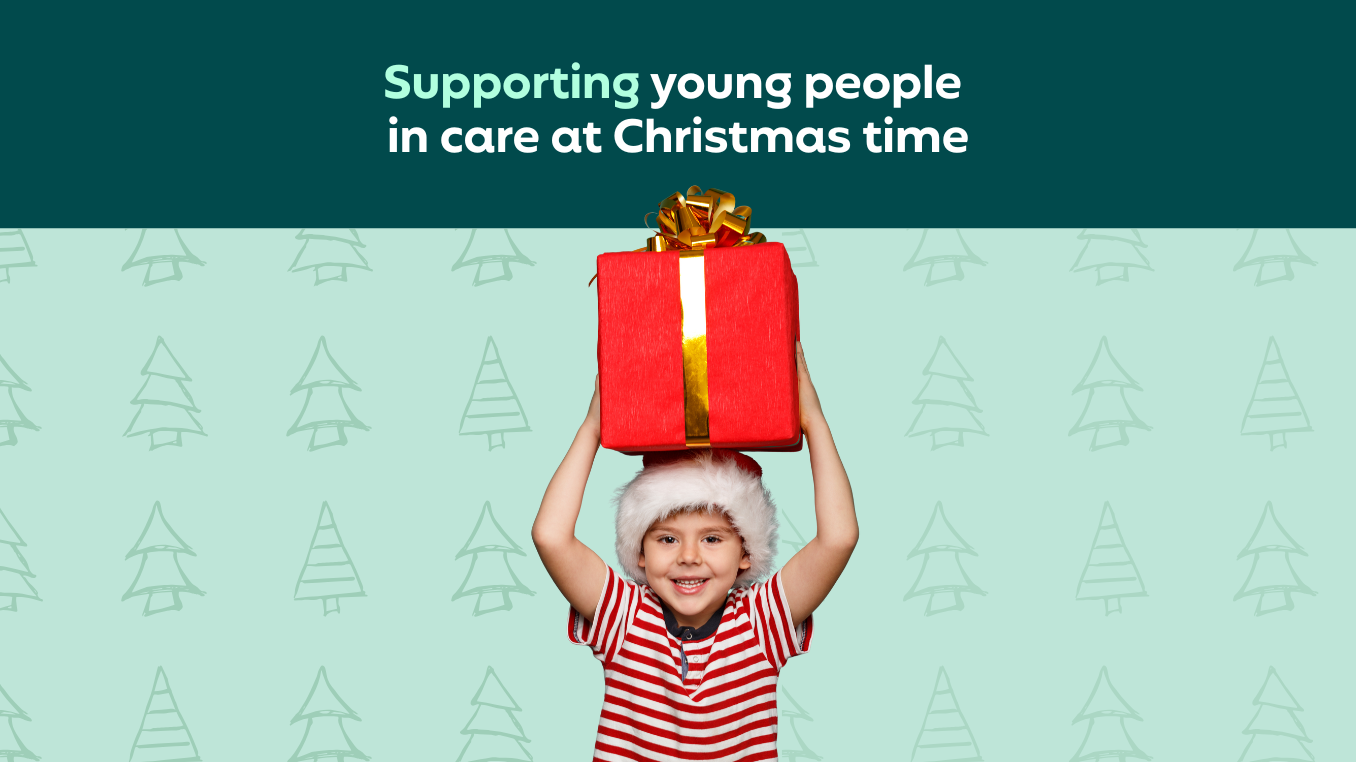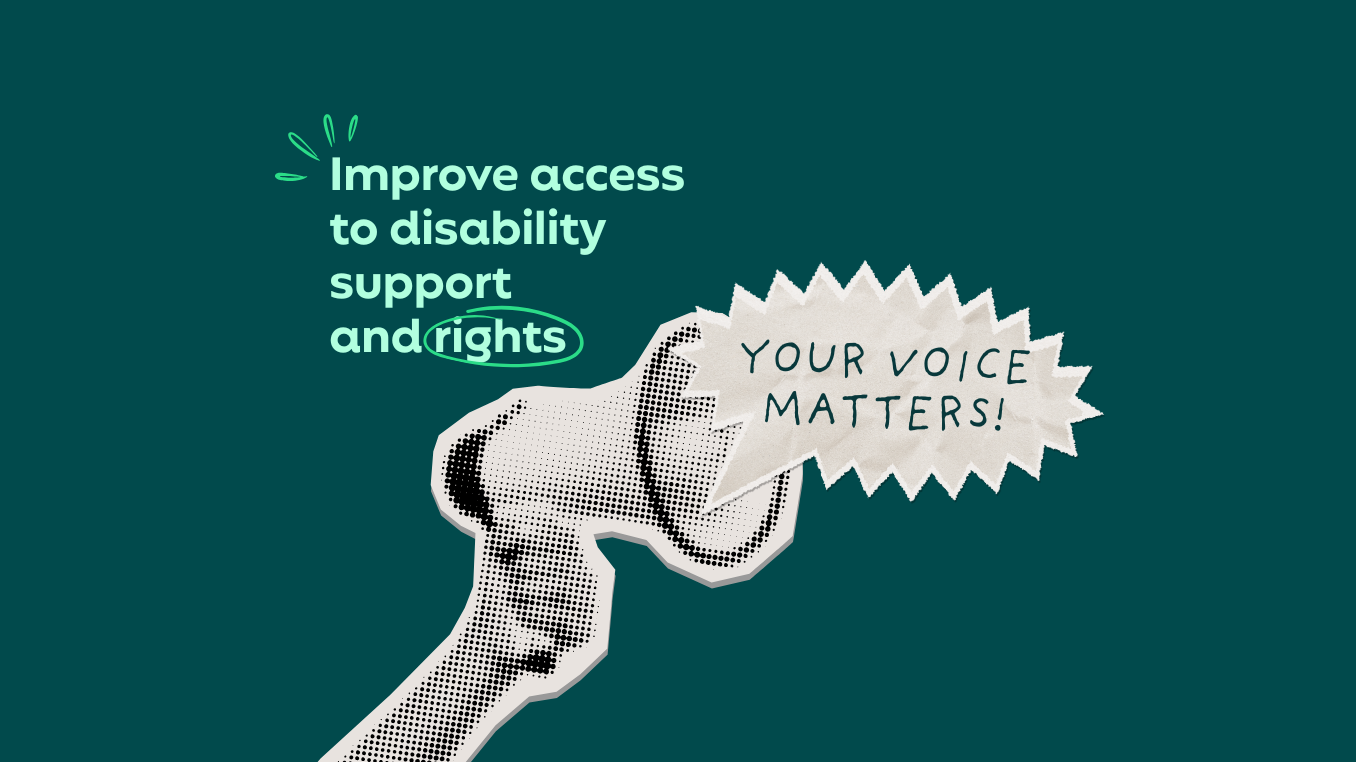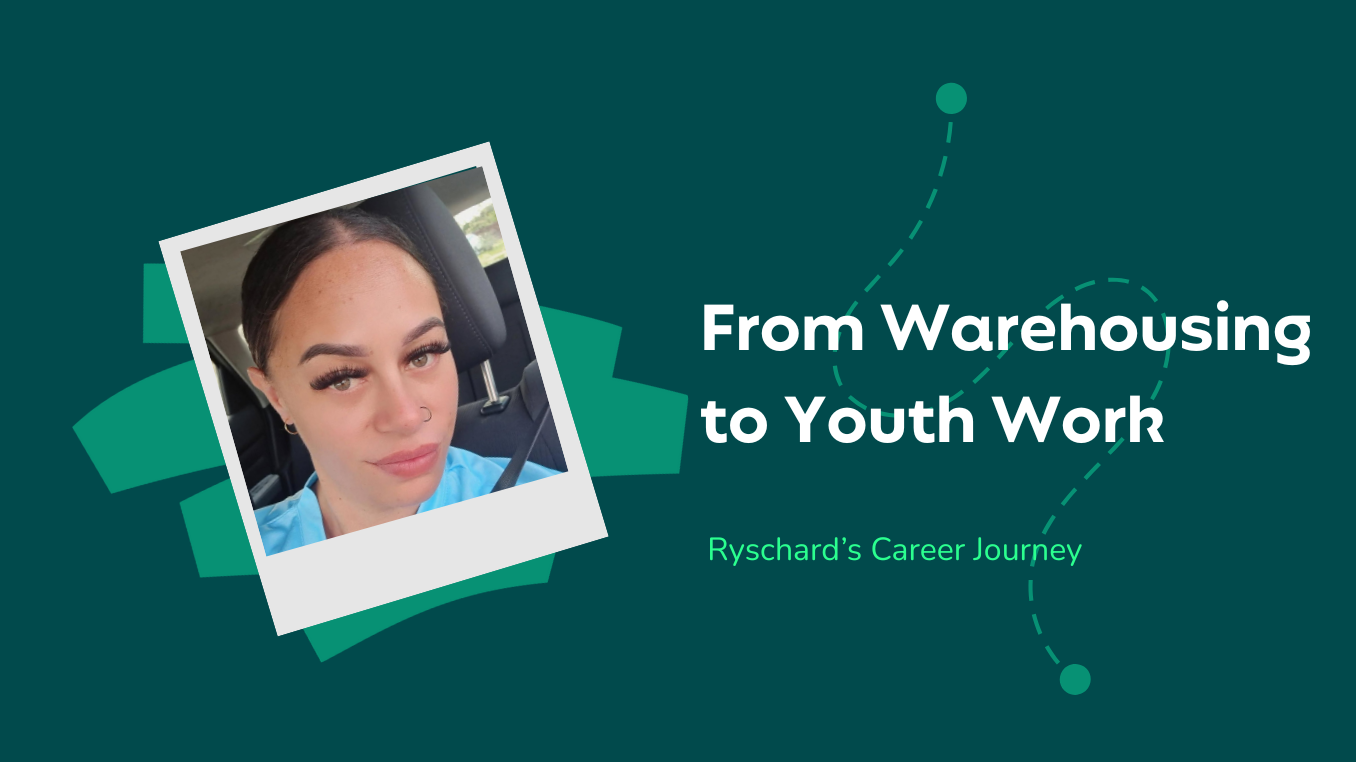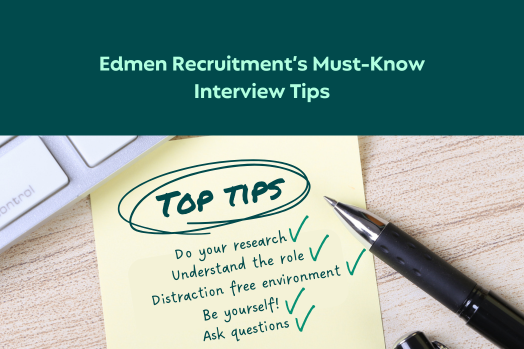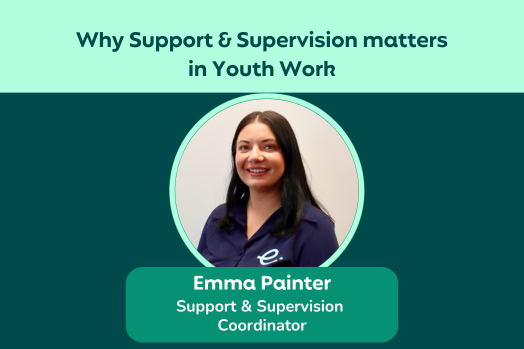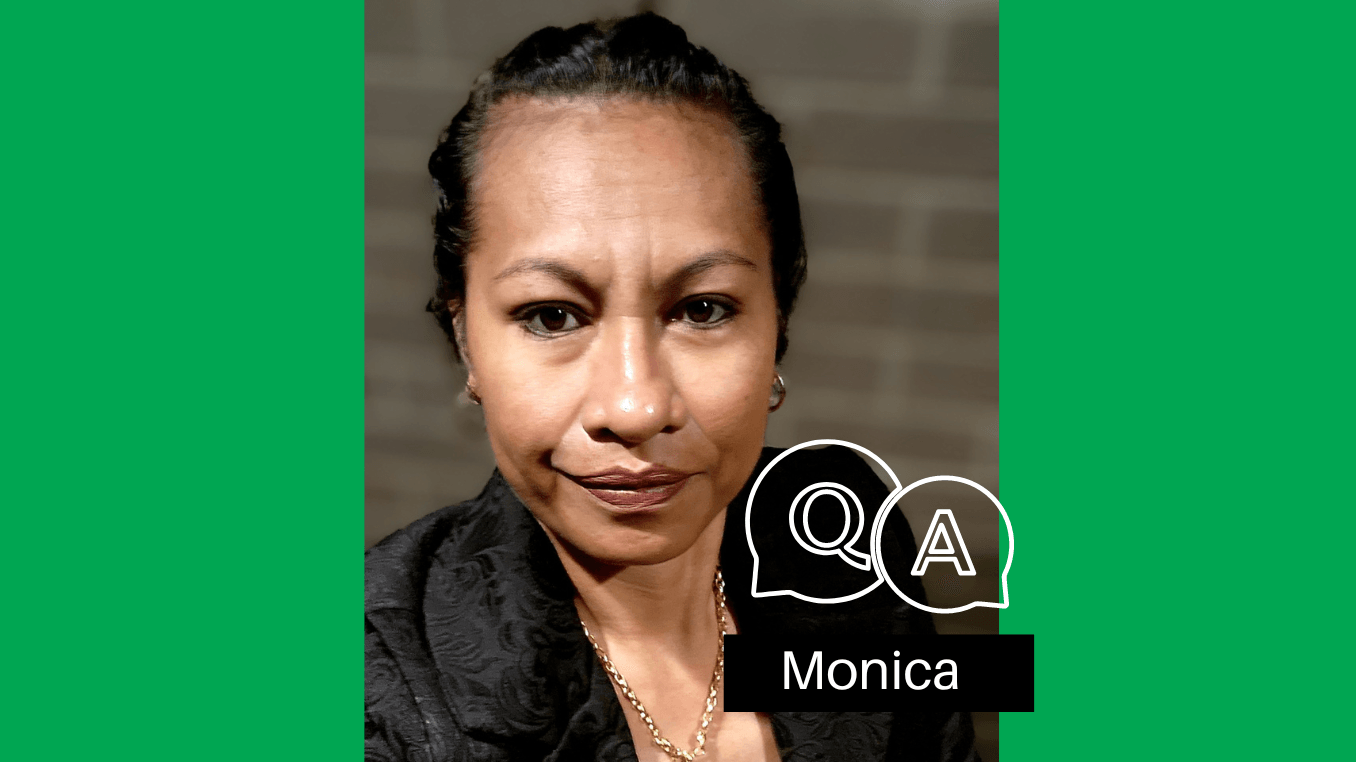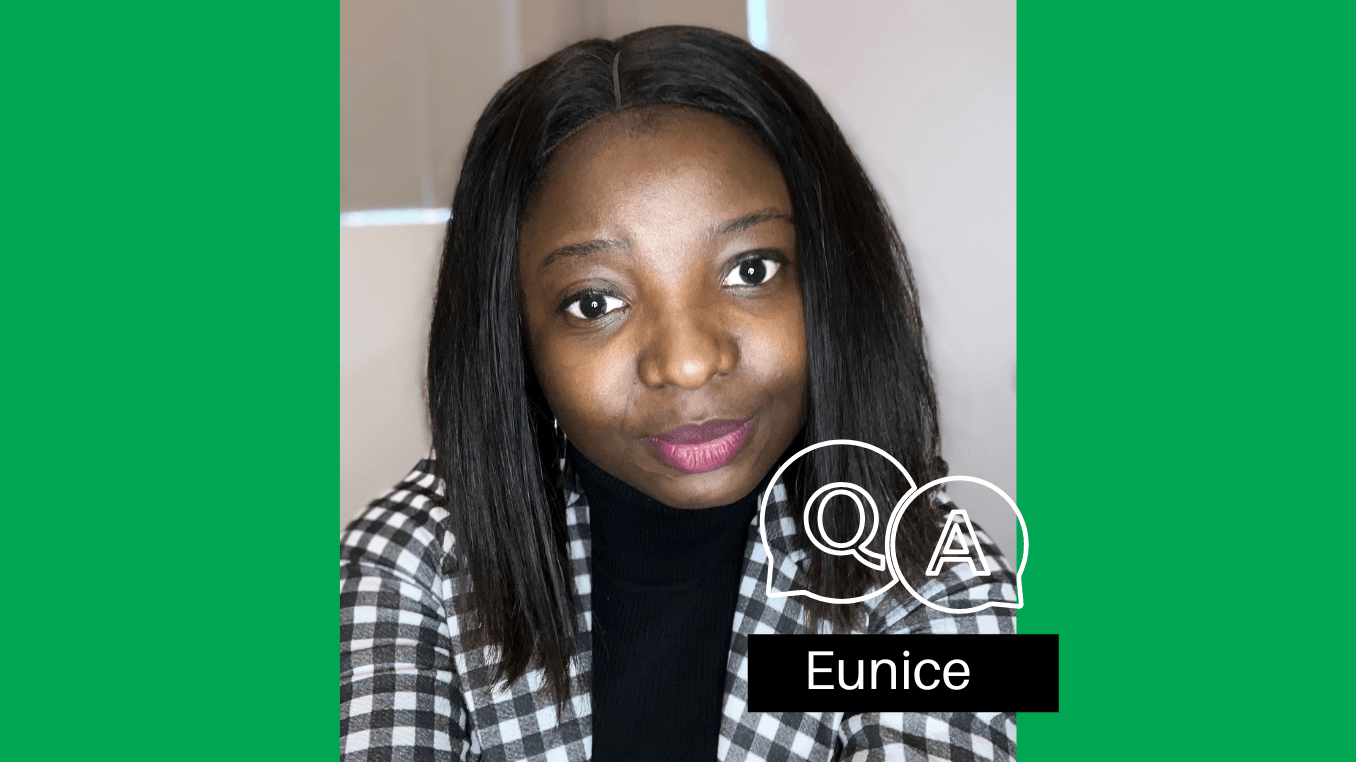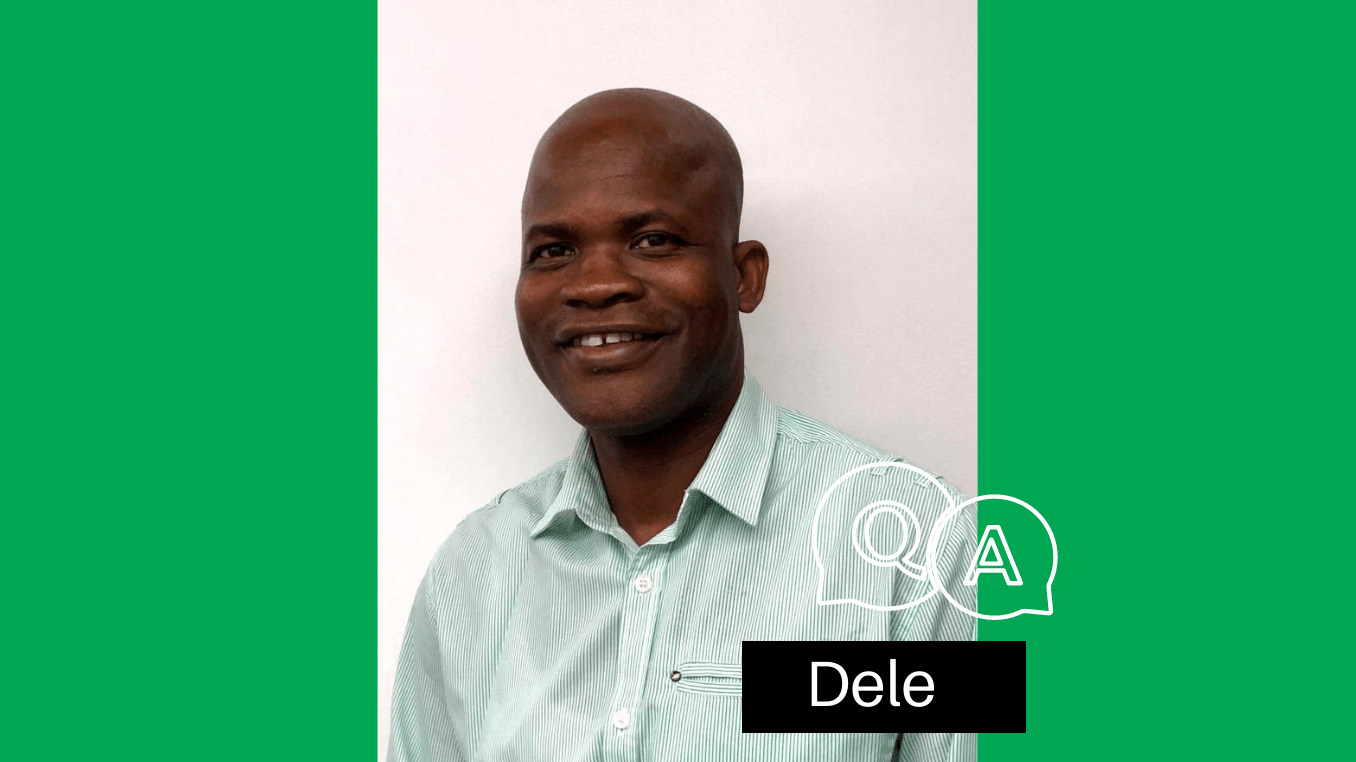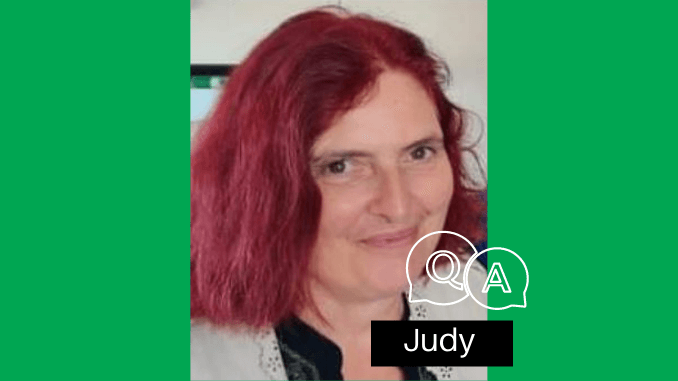Why do pronouns matter in Youth and Disability Support?
Language has come a long way since Albert Einstein said “I speak to everyone in the same way, whether he is the garbage man or the president of the university.” And while in so many ways the essence of the quote reflects equal respect for all, we know, in 2021 that the garbage collector isn’t necessarily a man, or necessarily identifying as ‘he’ Any pronoun might be used there instead, ‘she, they, he, ze’
But to use a rather cheeky pun, let’s leave Einstein out of the equation and look into pronouns because pronouns matter to everyone and are particularly important in the context of disability support and youth work, where words often carry added heft. Let’s look at why.
What is a pronoun?
The beloved Myriam-Webster dictionary summarises a pronoun as ‘a word (such as I, he, she, you, it, we or they) that is used instead of a noun or noun phrase.’ ‘I, he, she, you, it, we and they' are all personal pronouns. We use them in sentences every day. For example, ’Jenny went to collect her package from the post office, she said there was a long wait to be served.’ ‘I told the waiter I’d like another coffee, he brought it over straight away.’
What’s changed?
Culture has evolved. Language is catching up, and pronouns are part of that positive movement. A pronoun such as ‘he’ and ‘she’ describes someone's gender, he = male, she = female, and all of the stereotypes associated with it - without giving the person you’re talking to or about the opportunity to define their pronoun. Although unintentional, this assumption can be uncomfortable and sometimes confronting for transgender or nonbinary people who do not use the pronouns ‘he’ or ‘she’ to describe themselves.
What should I say instead?
The best bet is to ask someone for their pronouns, and if you can’t ask or aren't sure use the pronoun 'they'. It’s kind of like learning a name, don’t call ‘Sophia’ ‘Sophie’ because you’re not sure - find out, and until you know, you can use ‘they’ to be respectful.
Why does it matter in disability and youth support work so much?
Well, as we’ve already discovered the words we choose to use often convey much more than ‘just a word’ they show we respect others. Our choice of words impacts others - whether we want it to or not. When working with youth and people with a disability, we can mindfully select the words we use and ask what the pronoun preferences are, which creates a positive impact. It is, more than anything, another way to show we care.
At Edmen, we’re committed to showing that we care in our written communication too. Soon you’ll see pronouns proudly written alongside all signatures - so keep an eye out as we continue to evolve and become more inclusive in all that we do.
Edmen Community Staffing Solutions Blog

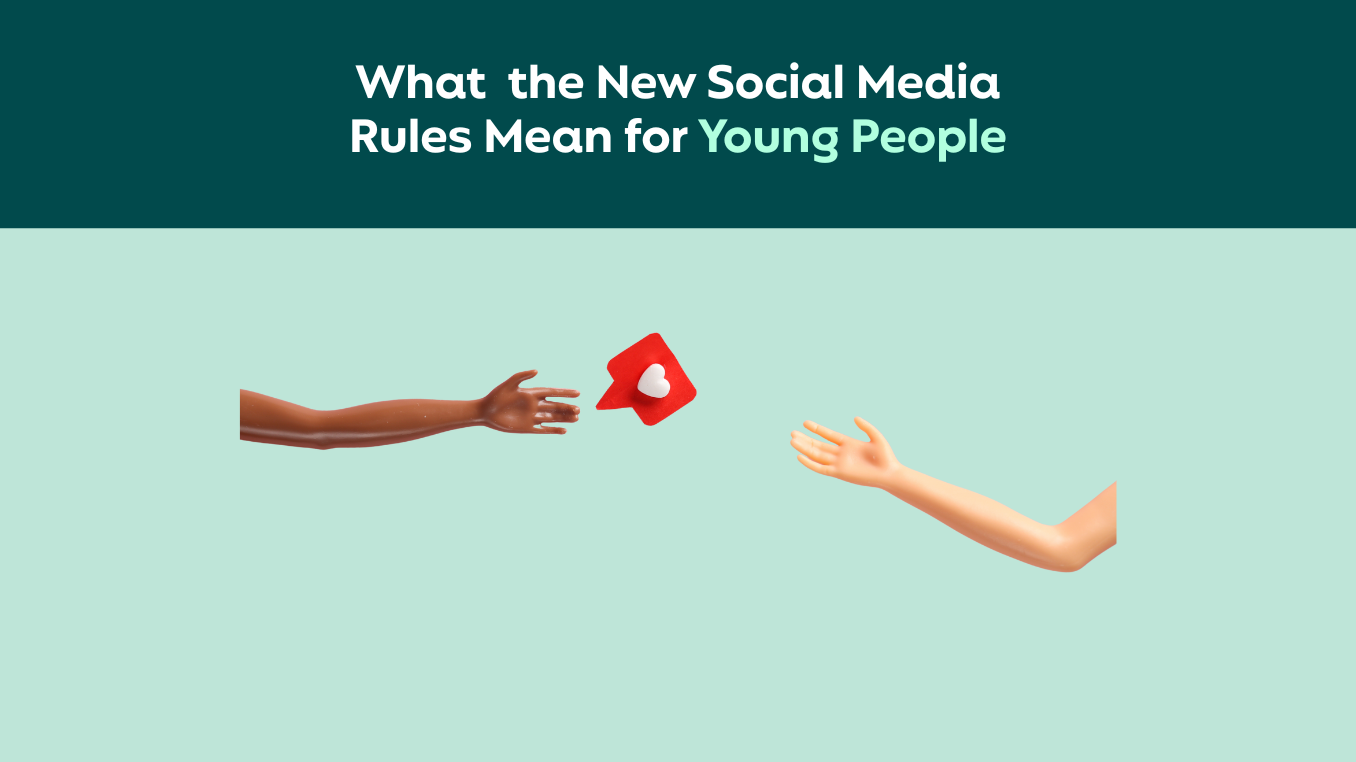

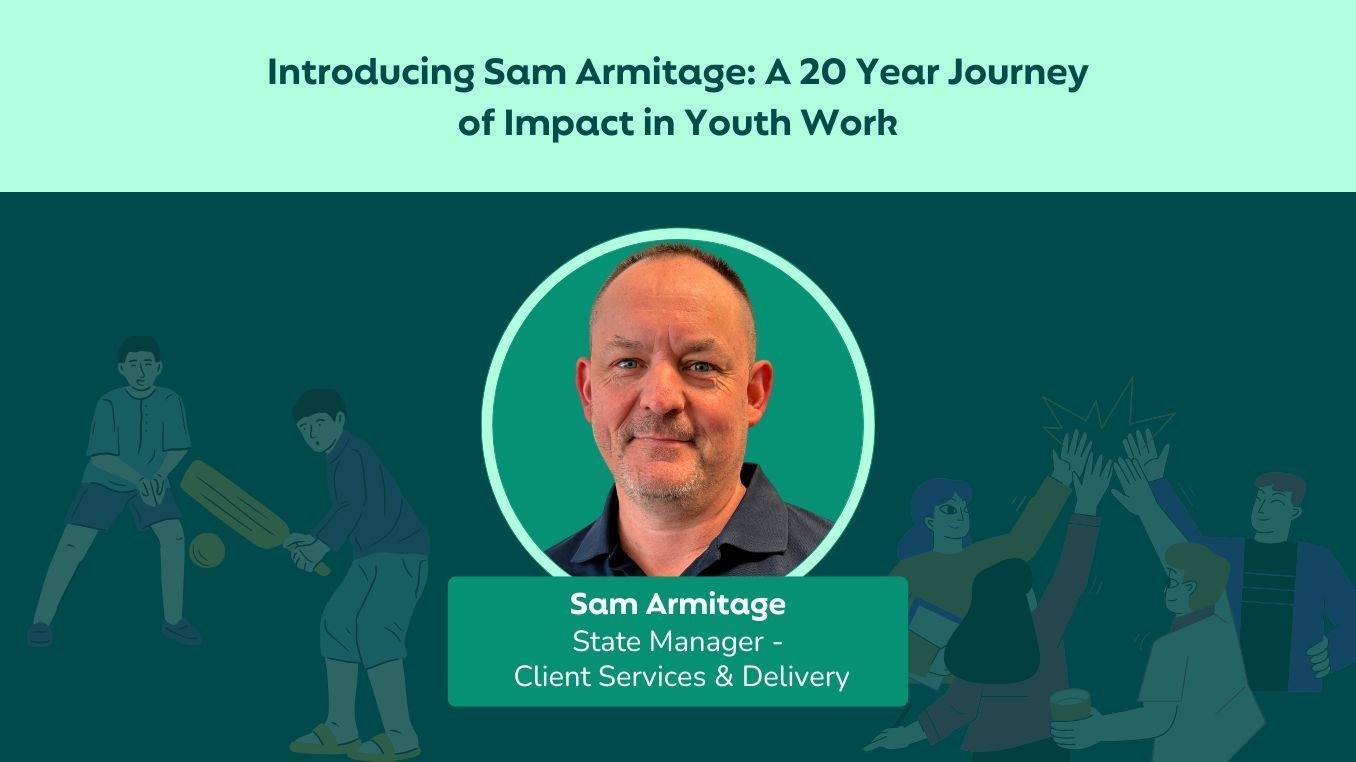
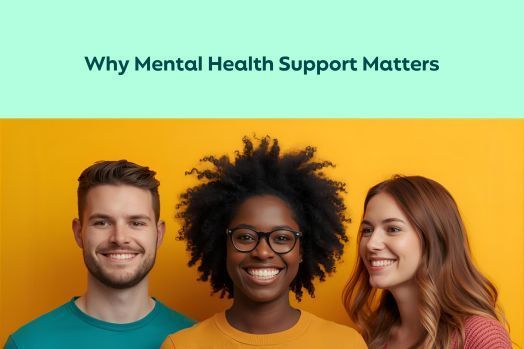
Edmen Community Staffing Solutions Blog

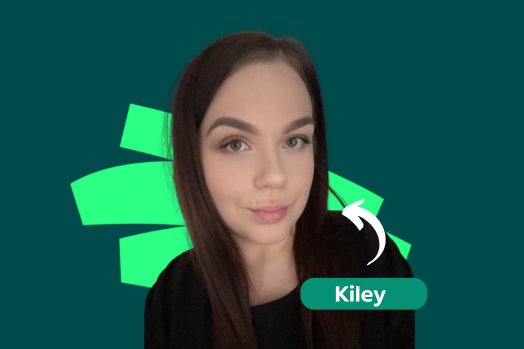
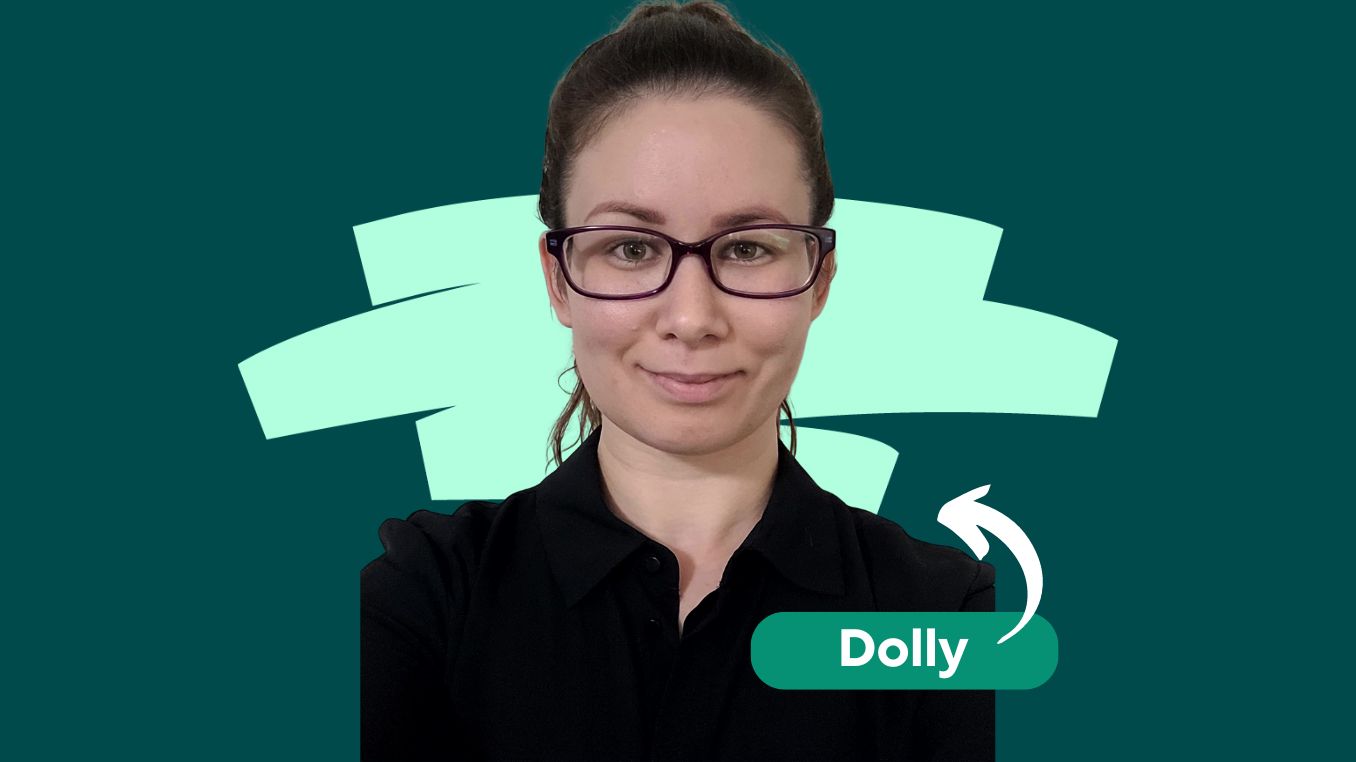

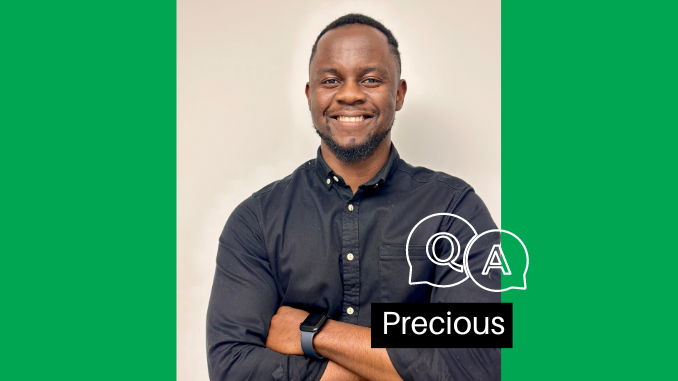
Edmen Community Staffing Solutions Blog






